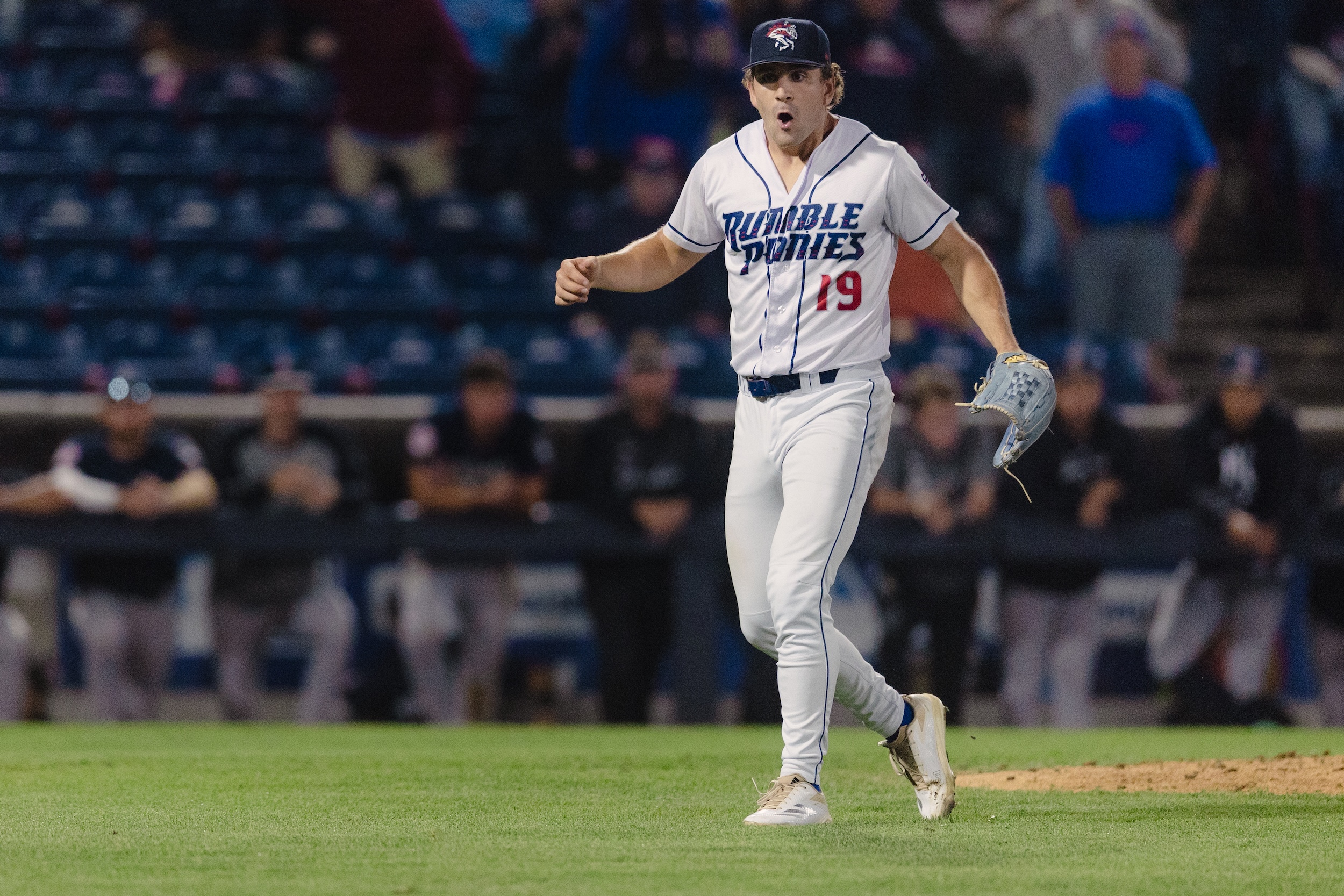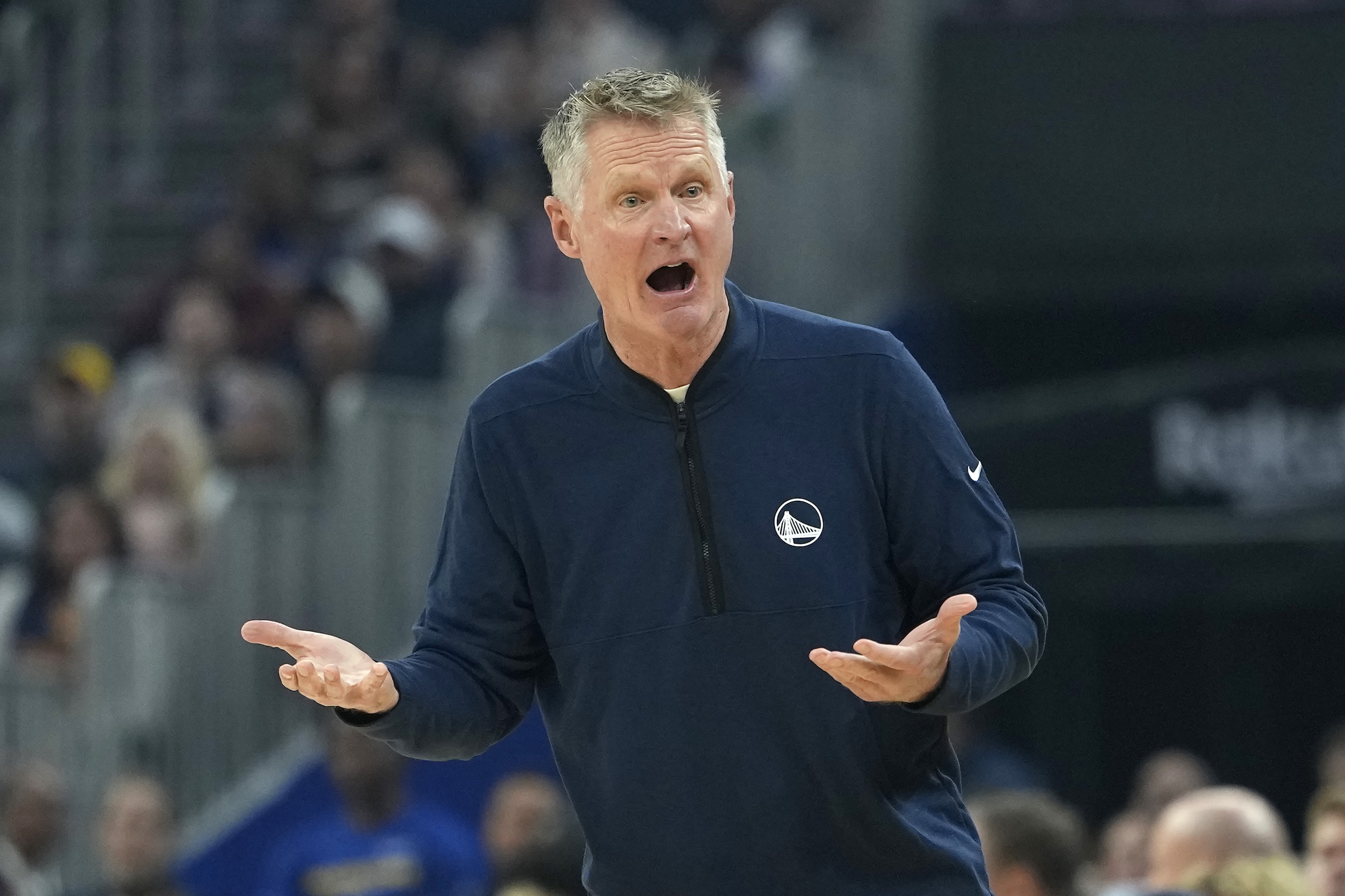There’s a way this Washington Mystics season could have been kind of tedious. In the offseason, and again at the August trade deadline, the rebuilding team swapped its veterans for a collection of first-round picks. New general manager Jamila Wideman told reporters recently that she was progressing toward “a goal of building something here in Washington that’s sustainable.” The deadline moves, she said, reflected the team’s “continuing investment” in its “plan.” Have you heard that before? Invoked by front office executives, “sustainability” and “plan” tend to be euphemistic: To maybe one day sustain good play, we are now planning to sustain some badness.
But it’s hard, even for the most Process-skeptical hoops fan, not to feel like the Mystics are building something there in D.C. And there’s something to be said for sustainability. Ahead of what’s sure to be the most disruptive offseason in WNBA history—one that will see nearly every veteran player hit unrestricted free agency—the Mystics have a pair of stars they can rely on for the long haul, two rookies who have helped the team defy projections with their stellar play.
In 6-foot-1 wing Sonia Citron, everyone knew the Mystics were getting a pro-ready player with the third pick in the 2025 draft. Some people take “pro-ready” to mean “high floor, low ceiling.” If Dominique Malonga, drafted second overall, was the raw but electric prospect who had everyone dreaming big, Citron was a finished product whose best skill was general competence—no dreams needed. There’s a reason women’s basketball fans labeled Citron a workmanlike, complementary, “3-and-D” piece. At Notre Dame, she played the unassuming grout between the shiny tiles of Olivia Miles and Hannah Hidalgo. The two flashy guards stomped, spun, and roared; Citron operated with a total lack of expression. In seven games this month, she’s averaged 19 points a game on a diet of fearless drives to the basket and relocation threes. You would never know this if you only watched her face. Most games, she looks like she’s bored or thinking about what’s for dinner.
Her fellow Mystics rookie, 6-foot-3 forward Kiki Iriafen, knows a thing or two about being overshadowed. Limited by the frontcourt options ahead of her at Stanford (and unattached upon the retirement of Tara VanDerveer), Iriafen transferred to USC before the 2024-25 college season, only really looking comfortable in the final days of March. She looks stronger and more confident now than she did as a member of JuJu Watkins’s supporting cast, where the spacing could be poor. The face-up jumper, a forgotten relic from her Stanford days, has returned. She’s defending opponents at the most stacked position in the WNBA.
When the Mystics played the New York Liberty in June, Liberty coach Sandy Brondello mused that Iriafen might be a better pro player than she was in college. Brondello added that her frontcourt players were tough matchups for a rookie. “But she still was being aggressive and not backing down, and that shows a lot about a young player,” she said. So good was Iriafen, in fact, that she presented the Mystics with the best kind of problem: what to do with their glut of promising young post players, Iriafen, Shakira Austin and Aaliyah Edwards. Iriafen has been on the losing side of battles for playing time in her basketball career, but this one she cleanly won. Edwards was traded to Connecticut before the deadline.
On Sunday evening, the two rookies sat on either side of rookie head coach Sydney Johnson, all three ready to discuss a 95-86 home win over the Los Angeles Sparks. Citron shot 5-of-6 from three and finished with 24 points, and Iriafen chipped in 18 of her own and 10 rebounds. “I don’t think I’m impressed anymore,” Iriafen said coolly when she was asked to evaluate Citron’s performance. “She does this every game.”
The Mystics entered the All-Star break at an unexpected .500, but the front office stuck to the plan and opted to sell at the deadline, trading 31-year-old All-Star Brittney Sykes to Seattle in exchange for Alysha Clark and a first-round pick. (They now have four in the next two drafts, plus some swap rights.) At 16-18, Washington is still only on the doorstep of the playoffs, but they’ve actually won three of their five games since the deadline, the losses all competitive and close.
A league that sends the majority of its teams to the postseason is fertile ground for failed tank jobs. The Mystics bring to mind the 2023 Lynx, a team so terrible at tanking that they won a playoff game because Napheesa Collier proved to be too good. This—the winning, the All-Star rookies, the feeling that any given night can be their night—was not exactly part of the plan in Washington. But it’s good to see Iriafen and Citron having their turn in the spotlight, unscripted.






